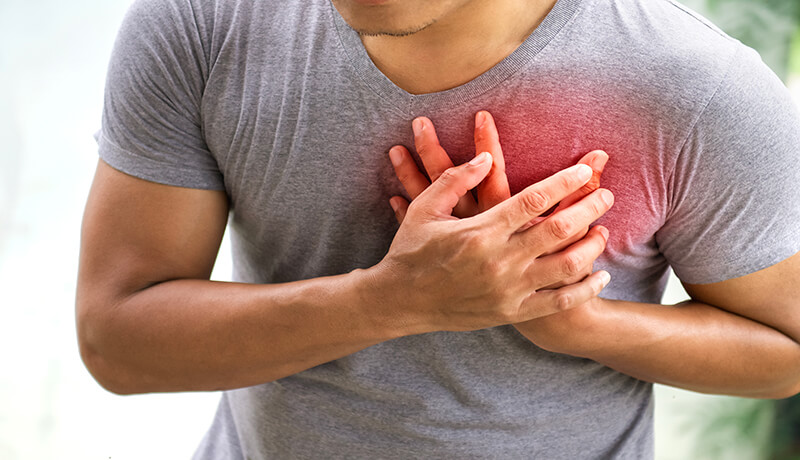Chest Back Pain Symptoms
Chest discomfort, often described as sharp or dull, is a common complaint. Many people describe this discomfort as tightness, pressure, or a burning sensation, which may extend to the back, neck, jaw, upper abdomen, or arms. Nausea, coughing, and breathing difficulties might accompany this pain, varying with its cause. While some individuals promptly seek medical attention for chest pain, aware of its potential seriousness, others, even those with severe conditions, might minimize or ignore these symptoms.
Chest pain can be caused by a variety of conditions, ranging from non-serious to life-threatening.
Chest pain can stem from various disorders, not all heart-related. Common causes include:
- Musculoskeletal Issues: Such as pain in the ribs, rib cartilage, chest muscles, or nerves.
- Pleural Inflammation: Affecting the lung’s protective membrane.
- Pericarditis: Inflammation of the heart’s covering.
- Digestive Problems: Like acid reflux, esophageal spasms, ulcer disease, or gallstones.
- Cardiac Conditions: Heart attacks, angina, and other acute coronary syndromes.
Heart attacks involve a blocked coronary artery, leading to muscle death due to insufficient blood flow. Stable angina is chest pain during exertion, often caused by narrowed arteries.
Certain causes of chest pain are critically dangerous, though less common than heart attacks or unstable angina:
- Heart Attack or Unstable Angina: Immediate medical attention is crucial.
- Thoracic Aortic Dissection: A serious condition involving a tear in the aorta’s wall.
- Tension Pneumothorax: A collapsed lung leading to obstructed blood flow to the heart.
- Esophageal Rupture: A tear in the esophagus, requiring emergency care.
- Pulmonary Embolism: A blockage in a lung artery due to a blood clot.
These conditions range from life-threatening to serious and others that are less severe but still uncomfortable.
The evaluation of chest pain typically involves a thorough assessment by a healthcare professional.
If you experience chest pain, seek medical evaluation, especially with symptoms like intense pain, difficulty breathing, sweating, nausea, or pain in the upper body. Immediate medical help is crucial for new chest pain or signs of a heart attack.
Chest pain that lasts just seconds usually isn’t related to the heart. Persisting pain warrants a doctor’s visit. During the evaluation, doctors will assess your symptoms and history and perform a physical examination. Since chest pain symptoms often overlap in various disorders, comprehensive testing is necessary to distinguish between serious and less serious conditions
Testing
For adults with sudden chest pain, initial tests typically include oxygen level measurements (pulse oximetry), electrocardiography (ECG), and a chest X-ray to rule out serious conditions. If acute coronary syndrome or another significant cause is suspected, further tests like blood tests for cardiac markers and repeated ECGs are conducted.
If these don’t indicate acute coronary syndrome, stress tests or CT angiography may follow. For suspected pulmonary embolism, CT angiography or lung scans are used, sometimes preceded by a D-dimer blood test. In long-term chest pain cases, initial evaluation usually starts with a chest X-ray, followed by additional tests based on symptoms and physical findings.
Treatment
When a specific disorder is identified, appropriate treatment is administered. If the cause of chest pain isn’t clearly harmless, hospitalization or observation for heart monitoring and further evaluation is often necessary. Pain management typically involves acetaminophen, NSAIDs, or opioids, depending on the severity and nature of the pain, until a precise diagnosis is established.

